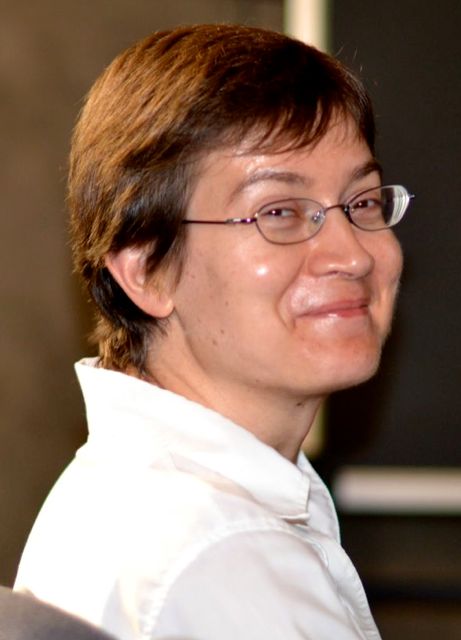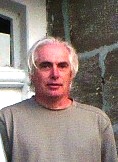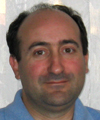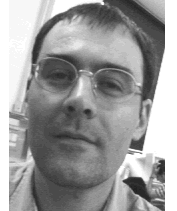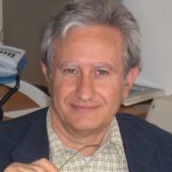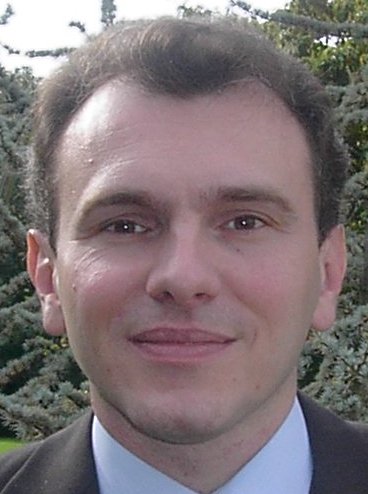Studying at the University of Verona
Here you can find information on the organisational aspects of the Programme, lecture timetables, learning activities and useful contact details for your time at the University, from enrolment to graduation.
Academic calendar
The academic calendar shows the deadlines and scheduled events that are relevant to students, teaching and technical-administrative staff of the University. Public holidays and University closures are also indicated. The academic year normally begins on 1 October each year and ends on 30 September of the following year.
Course calendar
The Academic Calendar sets out the degree programme lecture and exam timetables, as well as the relevant university closure dates..
For the year 2007/2008 No calendar yet available
Exam calendar
Exam dates and rounds are managed by the relevant Science and Engineering Teaching and Student Services Unit.
To view all the exam sessions available, please use the Exam dashboard on ESSE3.
If you forgot your login details or have problems logging in, please contact the relevant IT HelpDesk, or check the login details recovery web page.
Should you have any doubts or questions, please check the Enrollment FAQs
Academic staff
 nome.cognome[at]uniud.it
nome.cognome[at]uniud.it
 gino.mariotto@univr.it
gino.mariotto@univr.it
Mastrogiacomo Elisa
Todorov Velitchko
 velitchko.todorov@univr.it
velitchko.todorov@univr.it
 luca.vigano@univr.it
luca.vigano@univr.it
Study Plan
The Study Plan includes all modules, teaching and learning activities that each student will need to undertake during their time at the University.
Please select your Study Plan based on your enrollment year.
The Study plan 2007/2008 will be available by April 2nd. While waiting for it to be published, consult the Study plan for the current academic year at the following link.
Legend | Type of training activity (TTA)
TAF (Type of Educational Activity) All courses and activities are classified into different types of educational activities, indicated by a letter.
Discrete Biological Models (2009/2010)
Teaching code
4S01908
Teacher
Coordinator
Credits
6
Also offered in courses:
- Discrete Biological Models of the course Bachelor's degree in Bioinformatics (until 2008-2009)
Language
Italian
Scientific Disciplinary Sector (SSD)
INF/01 - INFORMATICS
Period
2nd Semester dal Mar 1, 2010 al Jun 15, 2010.
Learning outcomes
The course exhibits several methodologies to model phenomena occurring in nature by means of discrete mathematical tools and computational systems. The goal is to develop the ability of the student to master different approaches of discrete biological modeling, along the presentation of the state of the art and of the most recent problematics. Basic concepts (of mathematics, computer science, biology) are recalled, to better understand some traditional mathematical models, algorithms of natural computing, and biological networks, proposed along with a few case studies.
Program
Introduction to different classes of models, and to discrete models
Fibonacci numbers and golden section in nature
Differential biological models, and recurrence equations
Malthusian biological population growth models
Dynamical systems, and logistic map
Discrete SIR model of epidemics
Formal languages and biological grammars
Analysis of DNA bio-molecular processes related to PCR
String operations and molecular biology experimental techniques
XPCR for string recombination and concatenation
DNA computing
Trees and membrane models
Discrete models of metabolism
Graphs and biological networks
Models of population evolution
Operations on micro-organisms and experimental techniques
Examination Methods
Oral exam
Type D and Type F activities
Training offer to be defined
Career prospects
Module/Programme news
News for students
There you will find information, resources and services useful during your time at the University (Student’s exam record, your study plan on ESSE3, Distance Learning courses, university email account, office forms, administrative procedures, etc.). You can log into MyUnivr with your GIA login details: only in this way will you be able to receive notification of all the notices from your teachers and your secretariat via email and soon also via the Univr app.
Graduation
List of theses and work experience proposals
| Stage | Research area |
|---|---|
| Correlated mutations | Various topics |
Attendance
As stated in the Teaching Regulations for the A.Y. 2022/2023, attendance at the course of study is not mandatory.

 +39 045 802 7949
+39 045 802 7949


